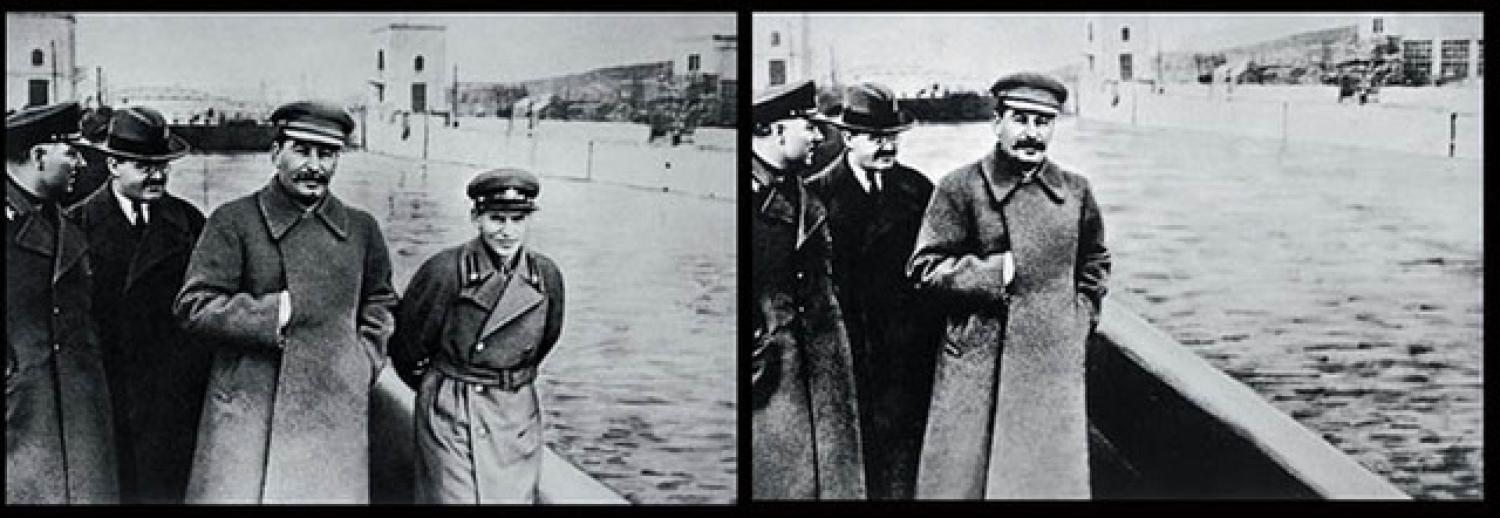Benson Center 2020-21 Lecture Series: The Canceled
 About this series:
About this series:

In recent months, social coercion has become a more effective means of restricting political speech than legal coercion. Opinions that were once common are now anathema, and campaigns to de-platform or even “cancel” proponents of these opinions are increasingly frequent. These attempts at "cancellation" are not merely fair-minded criticism. Rather, they involve efforts to punish those with heterodox views by banishing them from social media, pressuring their employers to fire them, harassing them in public, or threatening their families. These new methods of social coercion have curtailed the range of political views that can be expressed publicly without fear of social sanction. This series considers the implications of the new cancel culture, the norms it imposes on thought and expression, and the conformism it attempts to compel.
Past Speakers
Joshua Katz: "Cancellation and Its Discontents" Webinar, Nov. 12, 2020. Joshua Katz, Cotsen Professor in the Humanities and Professor of Classics at Princeton University discussed his near-cancellation experience with Benson Center Associate Faculty Director Shilo Brooks in this kickoff to "The Canceled" series.
Bari Weiss: "America's Cultural Revolution" Webinar, Nov. 19, 2020. Former New York Times opinion writer and editor Bari Weiss and Benson Center Director Daniel Jacobson discussed free speech and today's cancel culture. No recording available.
Glenn Loury: "The Problem of Self-Censorship in American Public Discourse" Webinar, Feb. 8, 2021. Glenn C. Loury, Merton P. Stoltz Professor of Economics at Brown University, spoke on the "Unspeakable Truths about Racial Inequality in America."
Daniel J. Mahoney: "From the Culture of Repudiation to the Cancel Culture: How Self-Loathing Gave Way to the Specter of Intellectual Tyranny" Webinar, April 13, 2021. Daniel J. Mahoney holds the Augustine Chair in Distinguished Scholarship at Assumption University discusses the pathological self-loathing, that has led to a “cancel culture."
Kevin D. Williamson: "The Disciplinary Corporation" Webinar, April 19, 2021, 6 p.m., rescheduled from March 23. Kevin D. Williamson is the roving correspondent for National Review, presents on the “disciplinary corporation,” an arrangement in which employment, education, and access to technology are made contingent upon political conformism.
About the photos:
Large photo: Launched by Mao Zedong, the goal of the Chinese Cultural Revolution was to preserve Chinese Communism by purging capitalism and traditional elements from society, and re-impose Maoism as the dominant theology. Intellectuals were widely persecuted, universities and schools were closed, and tens of millions suffered public humiliation, persecution, imprisonment, torture, hard labor, seizure of property, exile, and sometimes execution or harassment into suicide.
Top right: Joseph Stalin manipulated the science of photography to advance his own political career and literally "erase" his adversaries. This image of Joseph Stalin and Nikolai Yezhov, known as the "Water Commissar," was retouched to entirely remove Yezhov from an official press photo after his arrest and execution. For this reason, Yezhov has been nicknamed "The Vanishing Commissar." This image is among the best-known examples of the Soviet press attempting to make someone who had fallen out of favor disappear from history.

